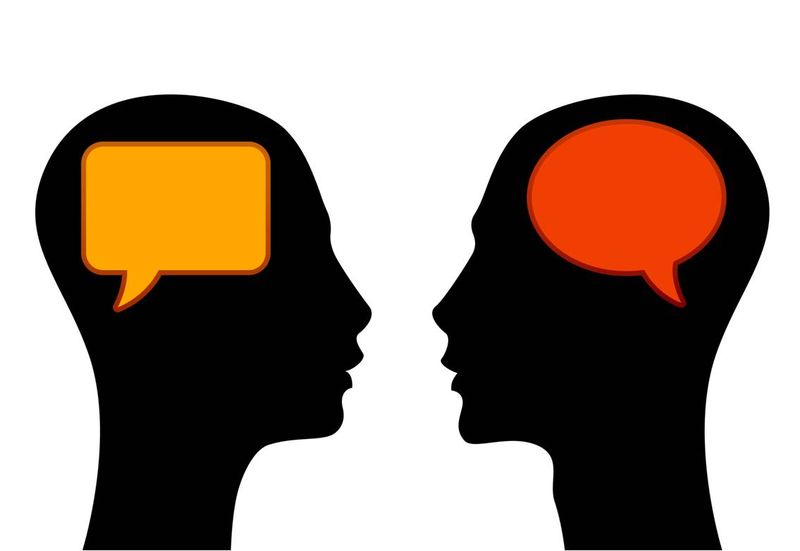Language in a vacuum is meaningless. It is contextless sounds or scribbles.
We use complex words with varied definitions to attempt to communicate with one another. Every word has a slightly different meaning to people, but often enough we are able to share approximate enough definitions in order productively communicate with one another.
Meaning is derived from language at two points, delivery and reception. When a sentence is delivered, a person has an intended thought to communicate. He uses the words he finds most accurate to communicate that thought. When a sentence is received, a person attempts to interpret the meaning delivered by the sentence.
I just heard Penn Jillette say something linguistically lame. It is a sentiment I’ve heard portrayed by many on the culturally left, and I believe it is inspired by feelings of white guilt. He said he can’t really comment on racism and I believe the inference he was trying to communicate was that only his perception of victims of racism could discuss the topic accurately. I could be wrong on what I heard from Penn, but even so, it is a common sentiment portrayed and I can speak to that.
Racism/sexism/bigotry are allegations of intent. If a strong wind blows and sticks align to spell “Cunt,” we wouldn’t think the wind is sexist because the wind holds no intent. If a woman were offended, we would properly say that she is attributing false intent to random events. We would say that there was no intended delivery, and what she believed she received was inaccurate. What this lady observed was random circumstance and interpreting anything further would be an issue on her behalf.
What this shows is that bigotry is best known by people who intend to portray bigotry not by the people who perceive to have received it. The people who have received their perception of bigotry are only knowledgeable in their own subjective experience of being the target of it, not in understanding bigotry in general.
Many people in our society don’t have a problem with every step of what I said, but they dislike the conclusion. This is because it doesn’t empower perceived victims with a weapon to attack people with. We feel uncomfortable that weasels can be deceptive about their intent, and we much prefer to be able to bash them over the head with attacks and call them out for their poor intent. I have no cure-all for that distaste, except to say that you have incredible power over your associations with weasels and you are free to vocalize your perception of someone’s intent … it just doesn’t innately make it true. The allegation of bigotry can’t be proven since it is an allegation of intent, and you can’t know another person’s intent unless they opt to tell you (but honestly, it is unlikely they really know).
Michael Richards famously spouted “nigger” at a black guy at one of his performances. Was this racist, or was he trying to find any word to use to hurt this guy? I don’t know. I can imagine a person who loves black people knowing the power it holds and opting to use it merely as a weapon to hurt one individual. The implications of this mean that we can’t conclusively call the most bigoted sounding rhetoric bigoted.
Everyone have experienced a person’s desire to alienate and hurt them. It sucks. It is through this negative experience that we are able to empathize with people who are attacked and it is the reason why our society is sensitive to bigotry. However, this doesn’t give us carte blanche to play loose with logic in an effort to alienate and attack a perceived bigot. What this trend will do is further incentivize people to play the victim in any interaction in order to demonize and control their opponents/enemies.
Is this post bigoted? Is my intent to disempower victims by limiting their weapons? Why would I choose to make a post about this out of all the things I could possibly post?
I believe that claims of bigotry frame cultural and political landscapes in our modern society. I believe some people peddle very bad ideas through the ambiguity of bigotry. This makes it an interesting topic for me. However, I am in a nice position in life where I can be indifferent towards people’s perception of my intersectional sensibilities.



